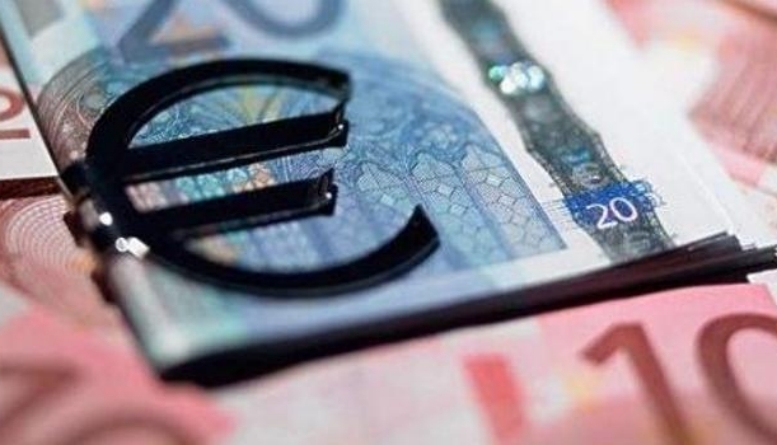
In recent years, the European economy has been the focus of global attention, with the release of a series of economic data, some people began to hail the European economy has come out of the shadow of recession, but is it really so? Today, we reveal the truth behind Europe's economic "recovery."
Economic data: The shiny surface
When it comes to the recovery of the European economy, the most frequently mentioned is the seemingly positive economic data. However, behind these figures, there are often many hidden truths. GDP growth, for example, has picked up, but this growth is largely due to government fiscal stimulus and a very low interest rate environment. This type of growth is neither healthy nor sustainable. Once fiscal stimulus ends or interest rates rise, growth is likely to stagnate again.
Moreover, while the unemployment rate has fallen, many of the unemployed have been forced to take low-paid or temporary jobs. This phenomenon of "hidden unemployment" is particularly prevalent in Europe, leaving many families struggling to improve their living standards or even falling into poverty. So it would be premature to conclude that the European economy is out of recession on the basis of these superficial economic data.
The Debt crisis: an unresolved problem
Another concern for the European economy is the debt crisis. Although the EU countries have taken a series of measures to deal with the debt problem in recent years, the debt scale is still huge and the debt structure is unreasonable. The debt of many countries is concentrated in government hands, which leaves governments with insufficient fiscal space to respond to economic fluctuations. Once the economy falls back into recession, the debt problems of these countries will become prominent again and may even trigger a new financial crisis.
There are also differences in debt issues across Europe. Some countries have reduced debt levels by cutting public spending and increasing taxes, but these measures tend to have a negative impact on economic growth. Other countries have chosen to issue new debt to pay off old debt, which can relieve debt pressure in the short term but aggravate the debt crisis in the long run. Therefore, the debt crisis remains a major threat to the European economy.
Political instability: unstable external environment
Europe's economic recovery is also threatened by political turmoil. In recent years, the frequent changes in the political situation of European countries and the rise of populism have made it difficult to maintain continuity and stability in European economic policies. At the same time, the European integration process is also facing unprecedented challenges. The foundations of European integration are being shaken by deepening divisions across the bloc over issues such as migration and trade. This unstable external environment makes it difficult for the European economy to achieve a real recovery.
Social problems: neglected deep-seated contradictions
In addition to economic problems, Europe faces many social problems. For example, the aging population, the widening gap between the rich and the poor, and social inequality are becoming increasingly serious. These problems not only affect the stability and development of European society, but also constitute an obstacle to the recovery of European economy. However, in the pursuit of economic growth, these issues are often ignored or downplayed. This shortsighted approach will only make Europe's recovery more difficult.
In general, although there are some signs of recovery in the European economy, these recovery is superficial, unstable, and faces many hidden dangers and challenges. Deep-seated problems such as the debt crisis, political turmoil and social problems are still plaguing the European economy. So it is not easy to say that the European economy is out of recession. On the contrary, we should face up to these problems and take effective measures to promote a real recovery of the European economy.

Since 2025, the conflict between the United States and Europe over the governance of the digital economy has continued to escalate.
Since 2025, the conflict between the United States and Euro…
When German Chancellor Mertz officially announced that he w…
On December 3rd local time, the copper price on the London …
The European Commission announced a new economic security s…
The European Commission announced a new economic security s…
For nearly a year, US President Donald Trump has launched a…